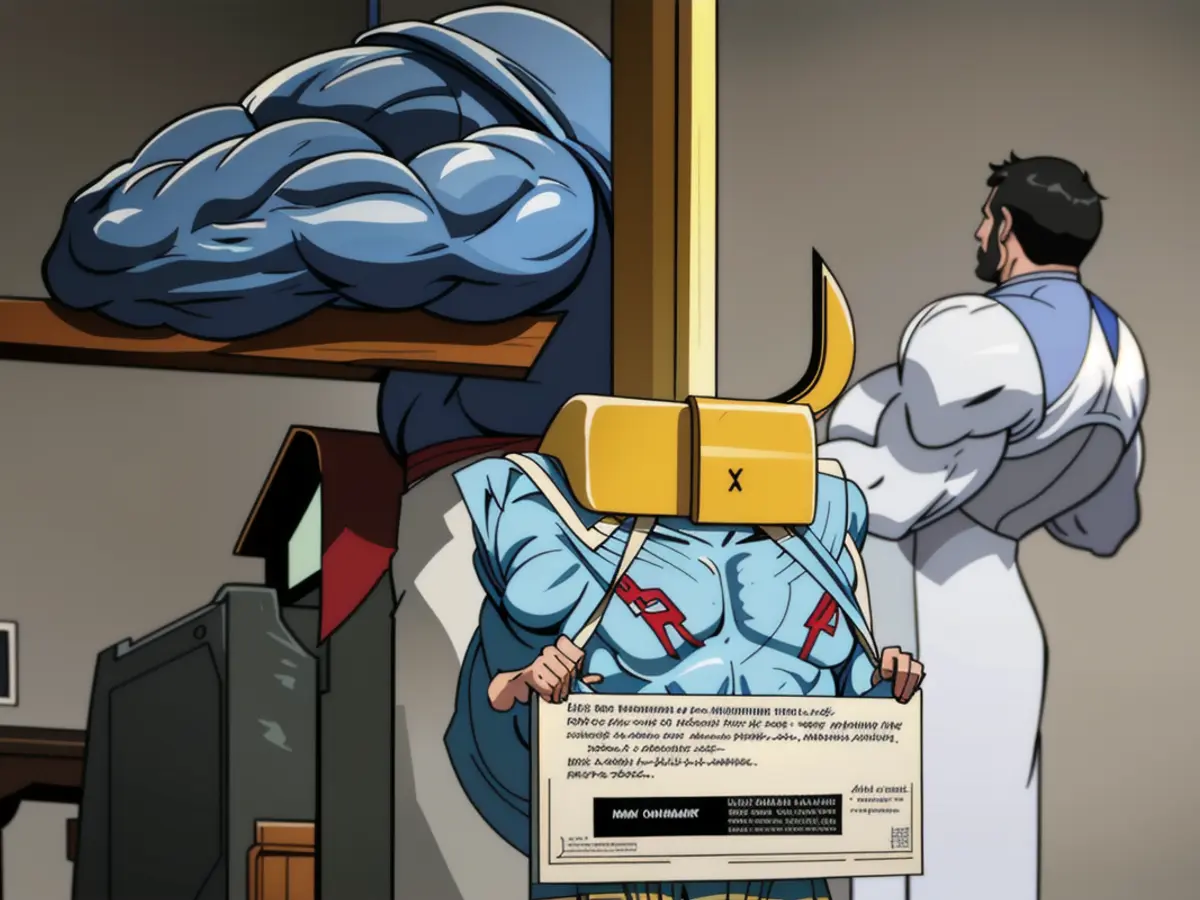Thousands of Pharmacists Trigger Ruckus in Stuttgart
Wednesday saw a mass closure of pharmacies in Bavaria and Baden-Württemberg. This move was a protest against the federal government's healthcare policies. At a central rally in Stuttgart, these pharmacists vocalized their discontent through a symphony of whistles and slogans. Their primary grievances included the stifling bureaucracy, persisting supply bottlenecks, and the years-long underfunding. Despite the widespread pharmacy shutdown, emergency pharmacies sprung up, ensuring essential medication provision.
"Pharmacies are under increasing financial strain, and the situation is growing tenser by the day," asserted Hans-Peter Hubmann, the Chair of Bavaria's Pharmacists Association. His concern centered around the precipitous decline in the number of pharmacies, jeopardizing future generations' access to safe, quick, and competent pharmaceutical services.
Bavaria's Health Minister, Judith Gerlach (CSU), shared these concerns. She advocated for the removal of fixed surcharges and emphasized the need for the federal government to act on the passing of a corresponding resolution by the Conference of Health Ministers. Gerlach argued that rather than addressing the legitimate concerns of pharmacists, Federal Health Minister Lauterbach was putting Germany's established pharmacist structures at risk.
Pharmacies in western Germany had gone dark a week prior. The protest campaign had begun on November 5 in Hanover, with a rally for Lower Saxony, Bremen, Hamburg, Schleswig-Holstein, and Mecklenburg-Western Pomerania. After the Stuttgart rally, further demonstrations were scheduled for Dresden on November 29, accompanied by shutdowns in Brandenburg, Berlin, Saxony-Anhalt, Thuringia, and Saxony.
- The pharmacists' protests were born from their concerns regarding escalating economic pressures, persistent supply chain issues, and chronic underfunding in the pharmaceutical sector, ultimately impacting patient health and medicinal accessibility.
- Organized by the Baden-Württemberg Pharmacists' Association, these demonstrations aimed to pressure the federal government to address these issues and halt the decline of pharmacies rather than imposing excessive bureaucracy and fixed surcharges.
- Pharmaceutical companies and consumers remained keenly attentive to the development of these protests, as the future of Germany's pharmaceutical industry depended on the government's response to pharmacists' demands and concerns regarding medicine affordability and supply.
Enrichment Data:
The reactions to and repercussions of the current government policies and responses to pharmacists' protests in Germany are far from monolithic and are continually evolving. Here are the key developments:
- Generic Pricing and Supply Issues:
- Regulatory Pressures: The generic drug industry in Germany faces considerable challenges due to restrictive regulatory frameworks aiming to drive down prices. This has led to prevalent supply issues, making compromises in offering a comprehensive range of generics to patients.
- Policy Adjustments: The outgoing administration acknowledged the inherent difficulties, including intense pressure and meager profit margins. However, the influence of recent legislation on the predicament has been minimal, impacting just 1% of the portfolio. The incumbent Minister of Health has taken initial steps to stabilize supply by halting tenders and easing price pressures, notably for childhood medications.
- Immigration and Labor Shortages:
- Immigration Policy: Germany has loosened some regulations to encourage skilled foreign workers. The Skilled Workers Immigration Act was enacted in 2020 and expanded in 2023 to simplify and expedite visa applications, trying to address labor deficits across various sectors, including healthcare.
- Healthcare Workforce: The healthcare sector grapples with an acute workforce scarcity due to the retirement of physicians and low numbers of medical professionals entering the field. Foreign workers are critical in filling these gaps, as thousands contribute to the sector continually.
- Economic and Fiscal Policies:
- Budget Adjustments: The German government has implemented budget cuts to cope with the repercussions of lower revenue collections. This includes slashing expenditure by R133.6 billion from various government departments and unallocated provisional allocations. Factors such as higher civil servant remuneration and additional spending on social grants have also affected stricter expenditure reductions.
- Pharmaceutical Industry Support:
- Private Sector Involvement: The government is fostering private-sector collaboration to address the systemic challenges in the pharmaceutical industry. This includes public-private partnerships (PPPs) aimed at reducing inefficiencies and costs, particularly in the generics market.
Although initiatives are being taken to alleviate economic pressures and supply chain issues in the pharmaceutical sector, these policies remain in a state of flux. The government strives to navigate the intricate blend of regulatory pressures, labor shortages, and fiscal constraints, maintaining a sustainable healthcare ecosystem.







